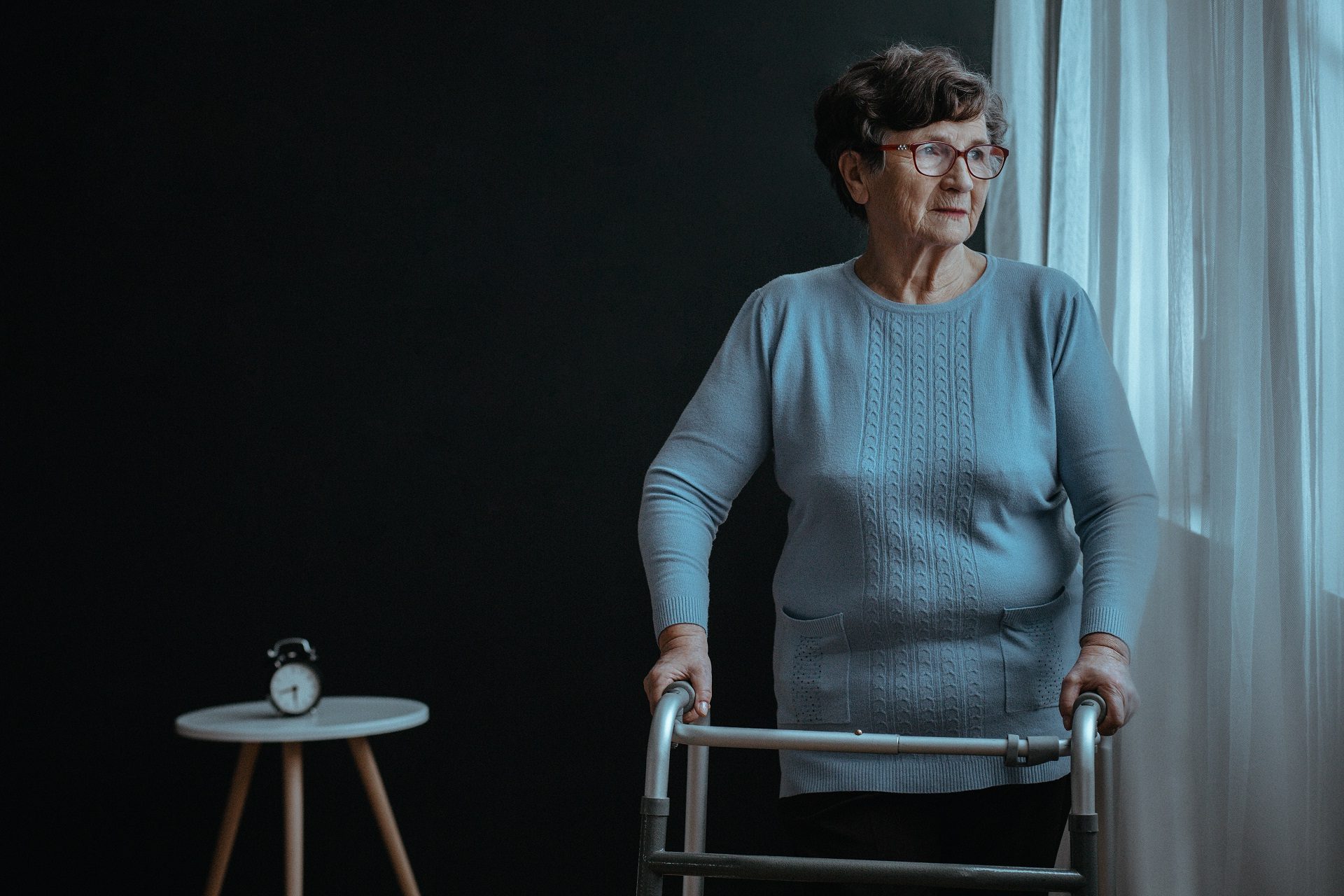Loneliness is a very difficult thing to see an elderly loved one experience. For elderly people living on their own, days can seem long hours and boring. Although family members can visit daily, often there are periods where your loved one can feel very alone.
Older people can derive wonderful companionship through owning or adopting a pet. Having a friendly dog or cat by their side every day could be mutually beneficial, with both person and animal embracing each other’s company.
The following can help older people to decide which pet (if any) would be best suited to them, explains why pet companionship can be so rewarding and outlines important considerations to remember when choosing a pet.
Ideal pets for older people
Not all animals make ideal pets for older people, especially those who require a great deal of care. If you’re thinking of getting a pet for an elderly relative, here’s a few suggestions worth considering:
1. Small or gentle dogs: Some dog breeds are not suitable for older people, but smaller, gentle breeds like Yorkshire Terriers, Pugs or Shih Tzu’s can provide friendly companionship and are well suited to elderly owners. However, regardless of what dog breed an older person adopts, it is vital that they obtain daily exercise.
2. Cats: Most domestic cats are serene creatures who can adapt easily to living in a house and are playful by nature. It is often advised to provide plenty of playful distractions for any felines in your home and to take the time to play with them. This will help owner and animal to bond even closer.
3. Birds: Domestic birds like budgies and canaries make for brilliantly responsive pets, with budgies even being able to interact vocally with their owners with a little training. They’re very easy to care for and tend to show their owners a lot of appreciation.
4. Fish: While fish in an aquarium tank might not provide as intimate a companionship as a dog or cat, just enjoying watching them gliding gracefully through the water can be wonderfully relaxing and pacifying. Also, setting up their tank and moving things around in it is a fun, creative activity which seniors might enjoy, while it is very cost-effective to maintain in comparison to caring for other pets.
Benefits of pet companionship for older people
Owning a pet can bring a series of benefits for older people:
1. Pet companionship helps older people to feel less isolated, not only within their home but also by incentivising the older person to take the pet for walks and maintain contact with other people.
2. By going for daily walks with their pets, older people are more likely to be physically active, making them healthier overall.
3. Taking responsibility for a pet is likely to give an older person a renewed sense of purpose and increase their mental sharpness, as they will be regularly alert to the welfare of the pet.
4. Older people who care for pets are less likely to suffer from depression and loneliness.
If you are unsure whether you’re loved one would benefit from owning a pet consider the following:
- Maybe try asking your loved one to care for your own pet or a pet of someone they know for a day or two. This can be a stress-free way to test the waters to see how your loved one copes.
- Some elderly care centres/groups can arrange pet therapy programmes which involve activities with therapy animals, and some of these organisations might also offer home visits.






No comment